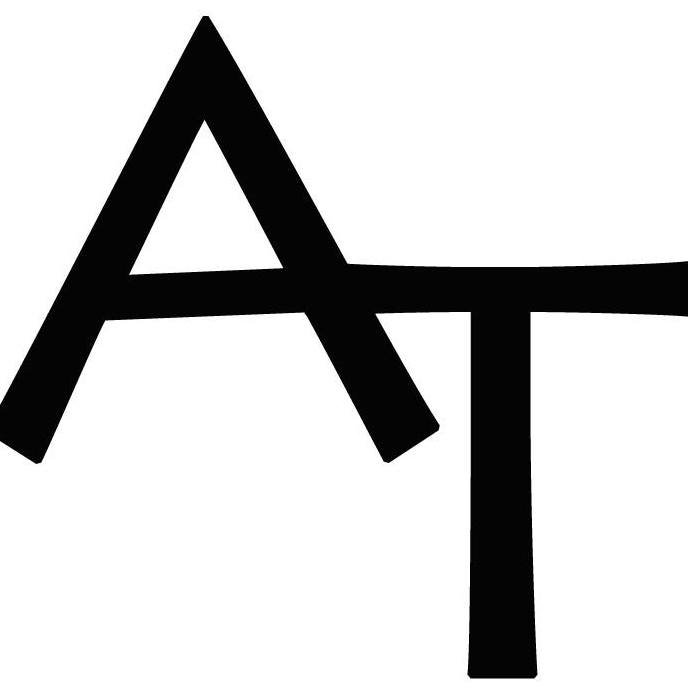ACT and Recovery - Commitment and steps 2 & 3
Commitment is the bridge between acceptance and action. In the framework of Acceptance and Commitment Therapy (ACT), commitment is about aligning our actions with our values, even in the face of discomfort. This resonates deeply with Steps 2 and 3 of 12-step recovery: coming to believe in a power greater than ourselves and making a decision to turn our will and our lives over to it. These steps are not about passive belief but about an active, ongoing commitment to a new way of living.
For many of us, Step 2—coming to believe—does not happen overnight. When we first enter recovery, we may feel broken, skeptical, or even resistant to the idea of a power greater than ourselves. Our experiences with addiction have often left us disillusioned, mistrustful, and unwilling to surrender control. ACT teaches us that we do not need to force belief or manufacture faith. Instead, we practice openness. We allow ourselves to consider the possibility that we don’t have to do this alone. This willingness, however small, is enough to begin.
Commitment in ACT does not require us to have absolute certainty. It asks only that we take actions aligned with our values, even when doubt lingers. In Step 2, this means acting as if recovery is possible, even if we are not yet convinced. It means showing up to meetings, listening to others who have walked this path, and allowing ourselves to hope. This shift—from rigid skepticism to open-minded exploration—is the beginning of transformation.
Step 3 takes this commitment further. Turning our will and our lives over to a higher power is not about relinquishing responsibility; it is about recognizing that our best efforts to control addiction have failed. In ACT, this parallels the idea of willingness—choosing to move forward despite uncertainty. We do not wait until we feel ready or until fear disappears. We take the next step, however small, because it aligns with the life we want to build.
One of the greatest struggles in early recovery is learning to trust something beyond ourselves. Many of us have lived in self-reliance, convinced that if we could just try harder, think smarter, or exert more willpower, we could control our drinking. Step 3 is about releasing that exhausting battle. It is about acknowledging that real change requires us to step outside of our own limited thinking. In ACT, this is known as cognitive defusion—the ability to see our thoughts without being controlled by them. When the mind insists, "I have to do this alone," or "I can’t trust anything outside myself," we learn to step back and ask, "Is this thought helping me build the life I want?" If not, we let it go and choose a different path.
Commitment is not a one-time decision; it is a practice. Just as in ACT, where we continuously commit to actions that align with our values, Steps 2 and 3 require ongoing engagement. There will be days when belief feels effortless and days when doubt takes hold. The key is to keep moving forward, not by force, but by choice. We remind ourselves why we are here, why we sought recovery in the first place, and we recommit.
ACT also emphasizes the power of values-based living. In Step 3, we are not just surrendering our will; we are choosing a life of purpose. What does this mean for us personally? What kind of person do we want to be? What relationships do we want to nurture? What impact do we want to have on the world? Committing to recovery is not just about abstaining from alcohol—it is about stepping into a fuller, more meaningful existence. When we anchor ourselves in these deeper values, the work of recovery becomes not just necessary, but deeply fulfilling.
Ultimately, Steps 2 and 3, like ACT, are about learning to move with life rather than against it. We stop fighting the tide and instead allow ourselves to be guided. This is not passive surrender; it is an active, courageous commitment to transformation. We choose, again and again, to trust in the process, to lean into our values, and to take the next step toward healing.

